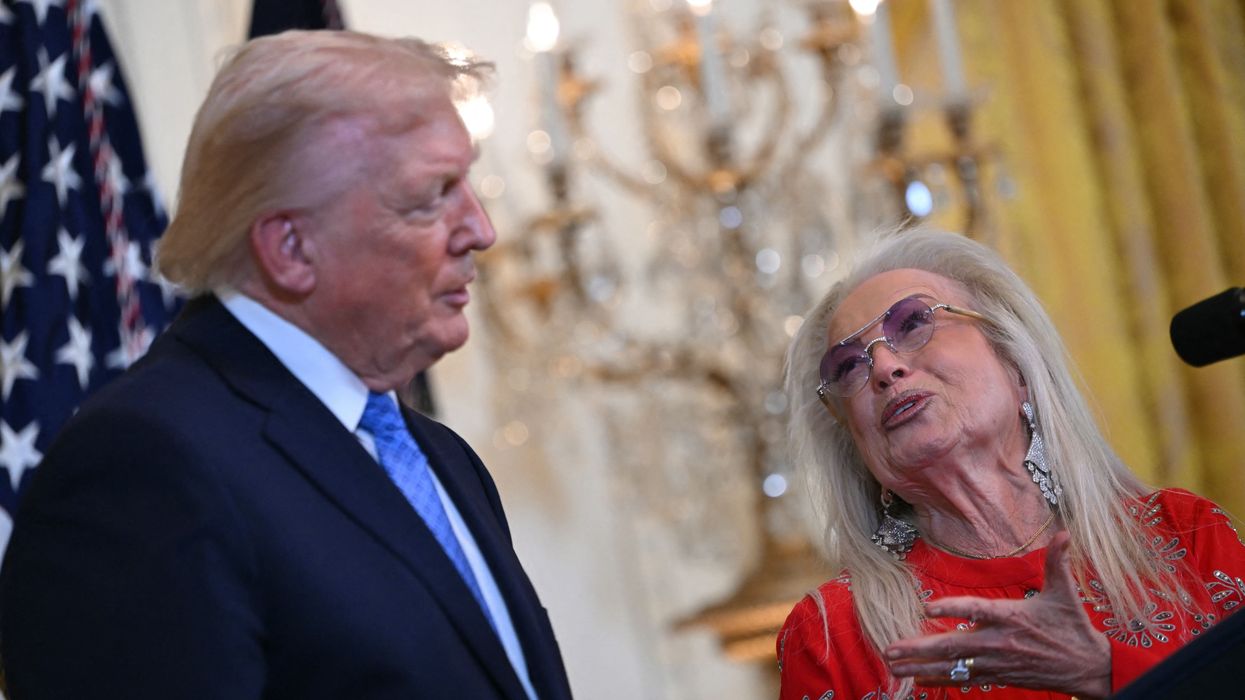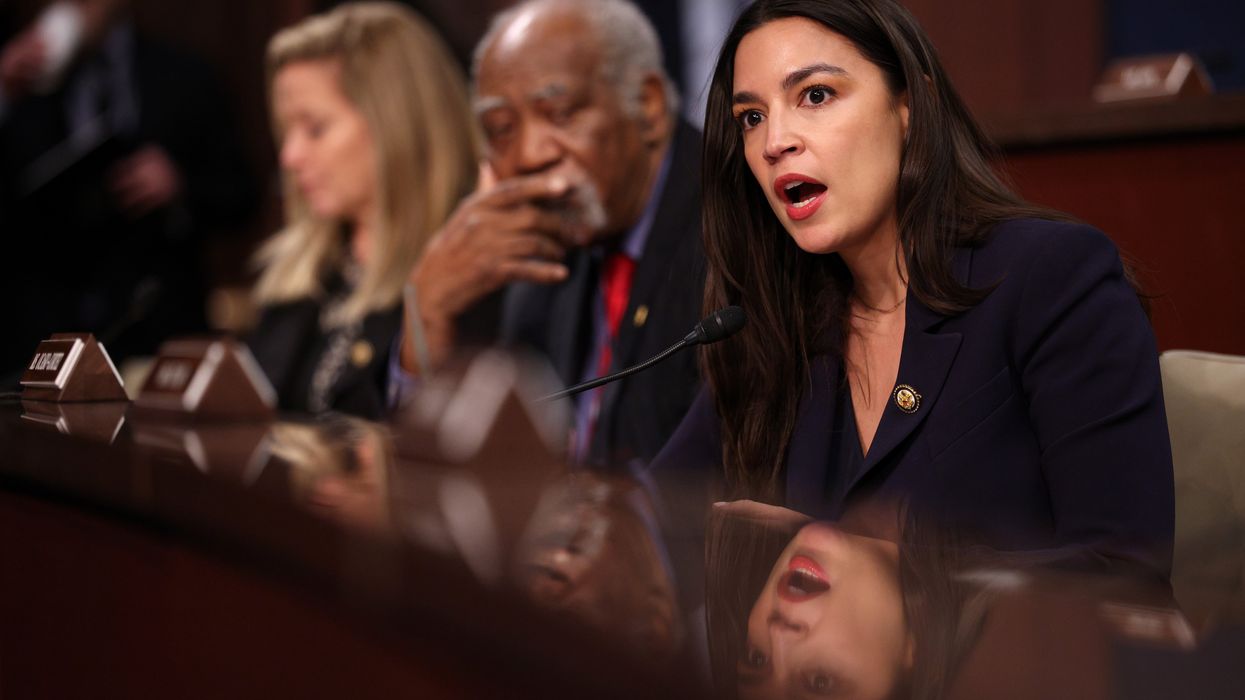ALFRED McCOY, awmccoy at wisc.edu
McCoy is professor of history at the University of Wisconsin-Madison. He wrote a piece for TomDispatch yesterday titled "Surveillance Blowback: The Making of the U.S. Surveillance State, 1898-2020." The piece is based on his new book Policing America's Empire: The United States, the Philippines, and the Rise of the Surveillance State.
McCoy writes: "Today, as Washington withdraws troops from the Greater Middle East, a sophisticated intelligence apparatus built for the pacification of Afghanistan and Iraq has come home to help create a twenty-first century surveillance state of unprecedented scope. But the past pattern that once checked the rise of a U.S. surveillance state seems to be breaking down. Despite talk about ending the war on terror one day, President Obama has left the historic pattern of partisan reforms far behind. In what has become a permanent state of "wartime" at home, the Obama administration is building upon the surveillance systems created in the Bush years to maintain U.S. global dominion in peace or war through a strategic, ever-widening edge in information control. The White House shows no sign -- nor does Congress -- of cutting back on construction of a powerful, global Panopticon that can surveil domestic dissidents, track terrorists, manipulate allied nations, monitor rival powers, counter hostile cyberstrikes, launch preemptive cyberattacks, and protect domestic communications. ...
"By leaking a handful of NSA documents, Edward Snowden has given us a glimpse of future U.S. global policy and the changing architecture of power on this planet. At the broadest level, this digital shift complements Obama's new defense strategy, announced in 2012, of reducing costs (cutting, for example, infantry troops by 14 percent), while conserving Washington's overall power by developing a capacity for 'a combined arms campaign across all domains -- land, air, maritime, space, and cyberspace.'
"While cutting conventional armaments, Obama is investing billions in constructing a new architecture for global information control. To store and process the billions of messages sucked up by its worldwide surveillance network (totaling 97 billion items for March alone), the NSA is employing 11,000 workers to build a $1.6 billion data center in Bluffdale, Utah, whose storage capacity is measured in 'yottabytes,' each the equivalent of a trillion terabytes. That's almost unimaginable once you realize that just 15 terabytes could store every publication in the Library of Congress. ...
"The Pentagon is planning to launch an armada of 99 Global Hawk drones -- each equipped with high-resolution cameras to surveil all terrain within a 100-mile radius, electronic sensors to intercept communications, and efficient engines for continuous 24-hour flight."
McCoy writes that past wars, as in the Philippines over 100 years ago or Vietnam 40 years ago were followed with increased domestic surveillance; but, he argues, there was a correction of some sort that is absent now. He writes: "Sadly, Mark Twain was right when he warned us just over 100 years ago that America could not have both empire abroad and democracy at home. To paraphrase his prescient words, by 'trampling upon the helpless abroad' with unchecked surveillance, Americans have learned, 'by a natural process, to endure with apathy the like at home.'"





